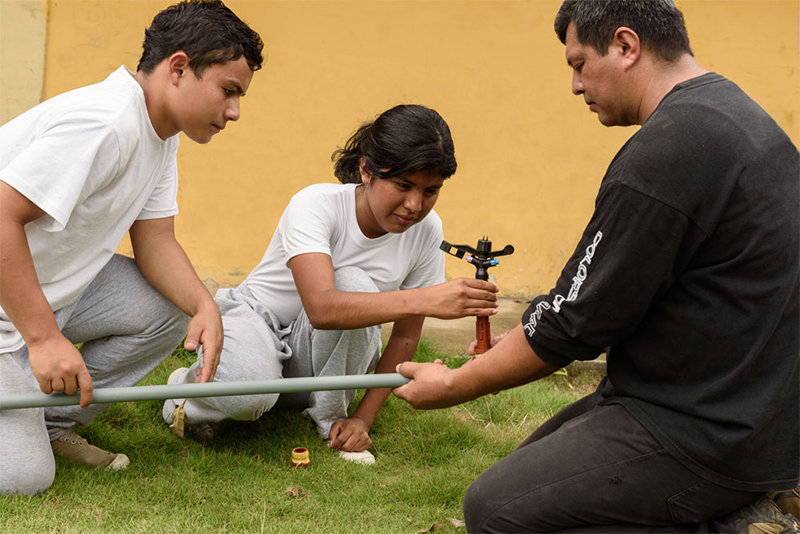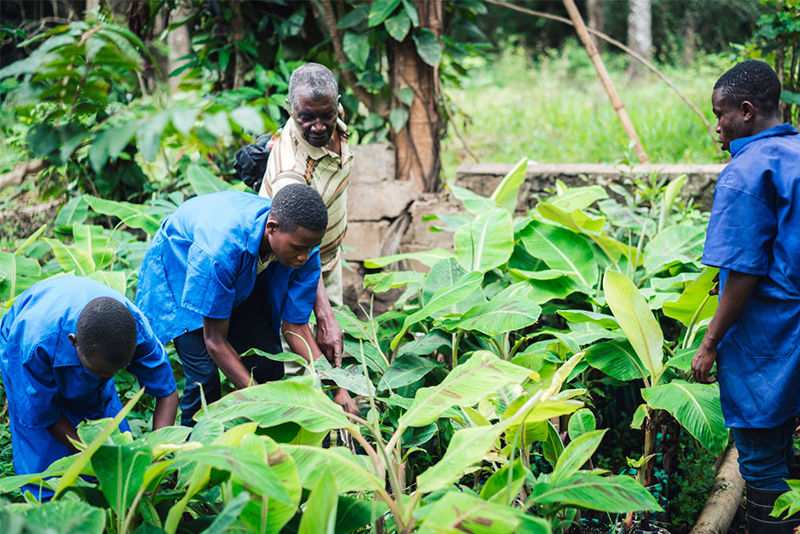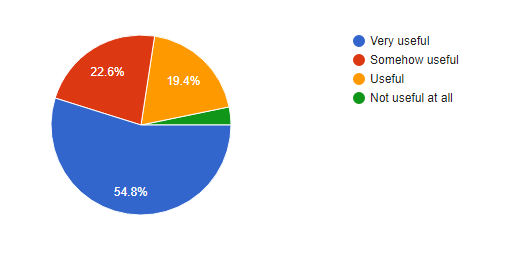The International Task Force on Teachers for Education 2030 will once again be taking part in the European Development Days (EDD) by organising a Lab Debate that will be taking place on 19 June 2019.
This year, the EDD are being held under the theme “Addressing inequalities: building a world which leaves no one behind”. The Teacher Task Force is seizing to opportunity to ensure that teacher development stays at the forefront of debates and consideration when it comes to discussion regarding equitable and inclusive learning environments.
Indeed, addressing inequalities and building a world that leaves no one behind begins on the benches of school. However, as the diversity of learners increases, and inequity rises, teachers face questions about their own values, role and collective responsibility in contributing to equitable futures.
The session titled “Creating equitable and inclusive schools: How to prepare teachers for the future we want?” will put the role and preparation of teachers at the centre of discussions when it comes to inclusive and equitable education. How do we ensure teachers do not perpetuate inequalities and exclusion within learning environments? What values, ethics and dispositions should teacher possess? How can teacher education and professional development build capacities necessary for inclusive and equitable education? What kind of support should be in place for teachers?
The audience will be encouraged to debate teachers’ professional ethics, values and attitudes, teachers’ competencies for creating safe and supportive schools for all as well as the importance of building a diverse teaching workforce.
This session will focus on the implications of teacher development, teacher policies and classroom practices underpinning inclusive and equitable education.
Moderated by the Teacher Task Force, the panel of speakers will include Dr Dennis Sinyolo, Senior Coordinator Education and Employment Unit at Education International, Dr Line Kuppens, Senior Education Advisor Primary and Secondary Education at VVOB – education for development, Dr Robert White, Reader at the University of Aberdeen, and Ms Akosua Peprah, Founder of the Mmaakunim Foundation.
For more information regarding the session, please visit the EDD 2019 dedicated website or contact the Teacher Task Force Secretariat i.da-silva@unesco.org.


